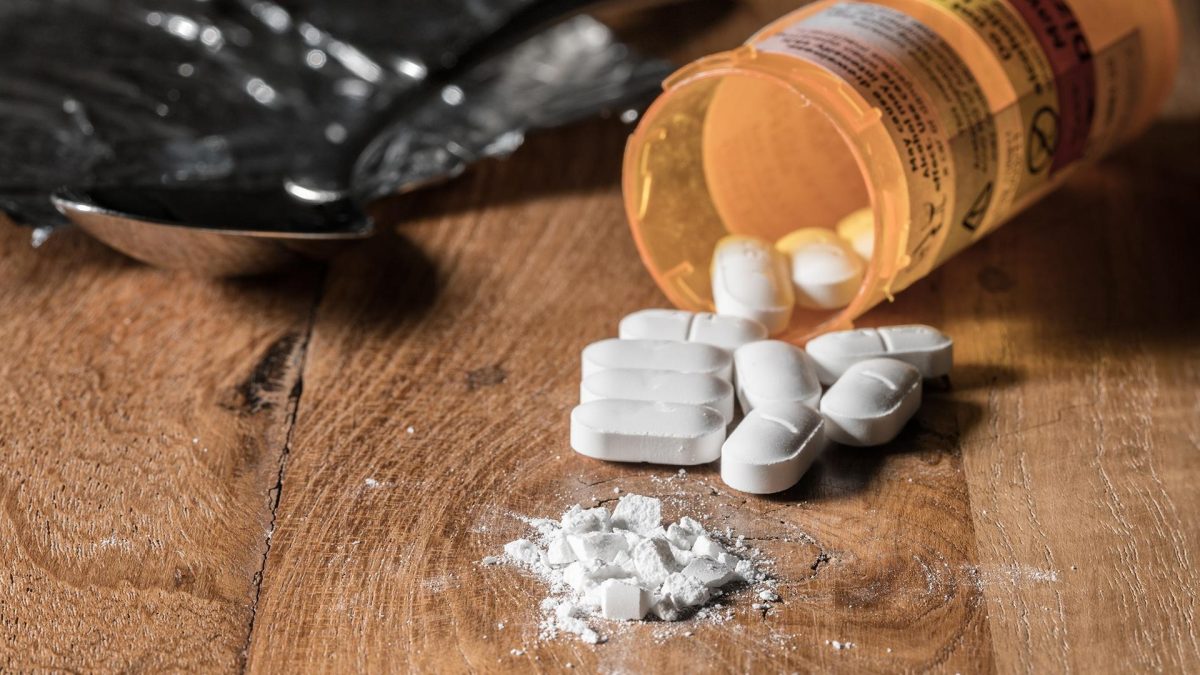
Understanding Opioid Addiction & Why Rehab Makes a Difference
Opioids include prescription painkillers like oxycodone, synthetic versions such as fentanyl, and illicit drugs like heroin. Many addicts start via prescribed medications, then misuse begins, or exposure comes from street sources. Addiction develops not just through physical dependence, but also through psychological craving and behavioral shifts. The risk of overdose and disrupted life is real. At a rehab center, the goal is to address both the body’s dependence and the mind’s compulsions.
Signs That Indicate You Might Need Professional Help
Some indicators of opioid use disorder are more than occasional use:
- Feeling compelled to use even when life is being harmed
- Addiction taking priority over relationships, work, self-care
- Physical symptoms like withdrawal when you miss doses
- Loss of hygiene or social withdrawal
Because recovering alone is dangerous and often unsuccessful, entering a safe, professional rehab setting improves the chance of lasting recovery.
What Rehab Centers Provide: From Detox to Ongoing Support
Professional opioid rehab centers offer a full continuum of care. First comes a medically supervised detox, which protects against severe withdrawal symptoms. Then patients are assessed by addiction specialists, mental health professionals, and medical providers to tailor a personalized treatment plan. Supportive services often include trauma-informed therapy, dual diagnosis care if there’s a co-occurring mental health disorder, family counseling, skills training, and a peer support community. After discharge, aftercare helps maintain gains, including continuing therapy, sober social connections, and relapse prevention tools.
Levels of Care & What to Expect
Rehab centers typically offer both residential/inpatient treatment and outpatient programs. For someone whose opioid use is severe or whose external environment is unsafe, residential treatment offers 24-hour care, structured daily routines, and removal from triggers. Outpatient/I-O-P programs allow more flexibility, letting people engage in recovery while maintaining some daily responsibilities. Entry and assessment often happen via an admissions or screening process where history, medical status, and needs are evaluated.
Safety, Assessment & Personalized Treatment
A key component of rehab is the initial assessment: determining physical health, mental health, and substance use history. This allows medical staff to manage detox, tailor medications (if used), and select therapies best suited to someone’s unique situation. Success depends heavily on how well treatment matches the individual—not just the drug, but their life, health, support system, and challenges.
Why Location & Program Matters: Drug vs Alcohol Rehab Settings
If drug addiction (especially opioids) is the primary issue, seeking out a Dallas Drug Rehab facility that offers robust detox, evidence-based therapies, and strong aftercare can make a big difference. Such centers tend to have experience managing complex opioid dependencies, which often require medical oversight and multidisciplinary support.
Alternatively, when alcohol misuse is involved, or if there’s a history of alcohol dependency alongside opioid use, considering a Dallas alcohol rehab program that also provides opioid treatment services is wise. Alcohol complicates detox and recovery pathways, so programs that integrate alcohol and drug addiction care tend to be more comprehensive and effective in the long term.
The First Steps You Can Take Right Now
Recognizing there is a problem is a strong first step. Once that decision is made, reach out to a rehab center and ask about their detox services, treatment settings (residential vs outpatient), whether they support dual diagnosis (mental health plus addiction), availability of peer and family therapy, and aftercare or alumni support. Make sure the program you choose offers continuing support—because recovery doesn’t end with discharge; the ongoing care and community often make the difference in staying sober.

